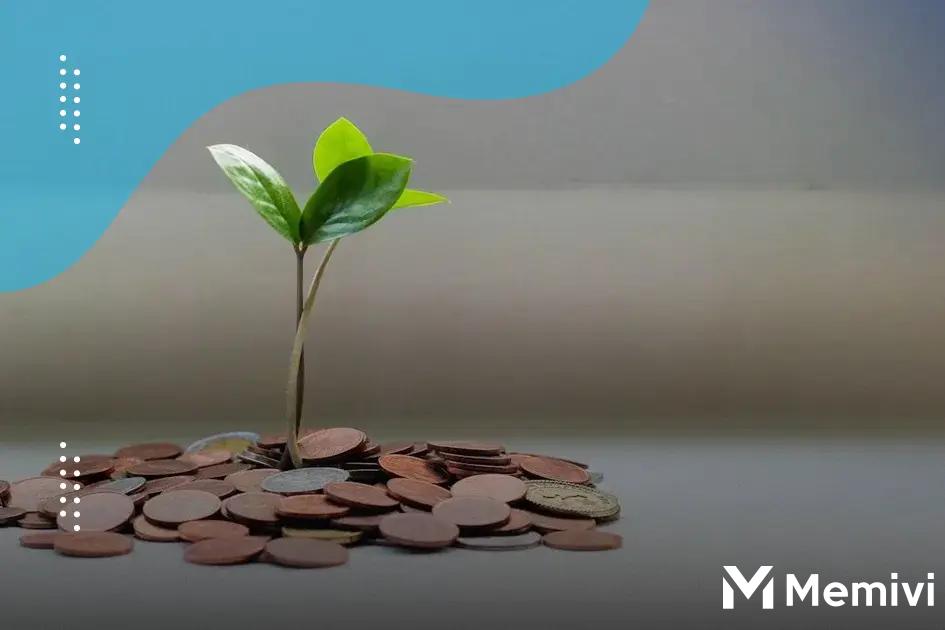
It’s no longer just about profit, but also about aligning with values that support environmental sustainability and ethical governance. As the world becomes increasingly aware of the impacts of financial activities, banks are shifting towards more sustainable and ethical practices. In this article, we will explore what sustainable banking means and why it is becoming a preferred choice for individuals and businesses alike. You’ll also learn about leading ethical banks in the UK and how you can transition to a greener banking solution.
Understanding Sustainable and Ethical Banking
The concept of sustainable and ethical banking focuses on financial institutions that prioritize environmental, social, and governance (ESG) factors. These banks aim to minimize their ecological impact while investing in projects and businesses that promote social justice and economic equity.
Many traditional banks are adopting sustainable practices, but what truly differentiates an ethical bank?
Ethical banks often refuse to fund industries that are considered harmful, such as fossil fuels or weapon manufacturing. Instead, they support initiatives in renewable energy, affordable housing, and socially responsible ventures.
The UK has become a hub for sustainable and ethical banking as customers increasingly demand transparency and accountability. These banks not only focus on financial performance but also on generating a positive impact on society.
Understanding the principles behind these banks is crucial for anyone looking to align their personal values with their financial choices. It’s not just about avoiding harm, but also about proactively contributing to a better world through informed banking decisions.
Why Choose Sustainable Banking in the UK?
Choosing sustainable banking options in the UK offers numerous benefits for both the individual and the planet. By opting for a bank that adheres to ethical practices, you are aligning your financial decisions with your personal values, promoting a healthier environment and a more equitable society.
Sustainable banks use your money to fund projects that have a positive impact on society and the environment. This means your savings and investments can support renewable energy projects, community development, and initiatives that promote social equality. By contrast, traditional banks might invest in industries that are harmful to the planet, such as fossil fuels or arms manufacturing.
Financial Transparency and Integrity are also hallmark benefits of sustainable banking. These institutions often have clearer policies on where and how they invest their funds, providing you with peace of mind that your money is being used responsibly.
Moreover, sustainable banks tend to foster better customer relationships. They focus on ethical service and often have more personalized customer service, fostering trust and long-term relationships.
Engaging in sustainable banking is also a way to drive change in the financial industry. By moving your funds to ethical banks, you send a strong message that there is demand for sustainable and responsible finance. This can encourage larger financial institutions to alter their practices, gradually increasing the overall sustainability of the financial sector in the UK.
Top Ethical Banks in the UK
When exploring ethical banking options in the UK, it’s essential to consider banks that prioritize sustainability and social responsibility. These institutions demonstrate commitment to environmental stewardship and community support.
Triodos Bank
With a focus on transparency and positive impact, Triodos Bank invests in projects that benefit the environment and society. Their approach ensures that your money supports renewable energy and social enterprises.
The Co-operative Bank
This bank has a long-standing ethical policy, refusing to finance organizations that harm animals, the environment, or human rights. It’s well-known for its rigorous ethical screening of investments.
Charity Bank
Unlike traditional banks, Charity Bank reinvests a significant portion of its profits back into its social mission. It supports charities and social enterprises by providing loans that create lasting change.
Ecology Building Society
Specializing in funding environmentally beneficial projects, Ecology Building Society focuses on sustainable housing and community projects that reduce environmental impacts.
Each of these banks offers various accounts and services designed to make it easier for consumers to bank ethically. By choosing these ethical banks, individuals can ensure their finances contribute to a more sustainable future.
How to Transition to Sustainable Banking

Transitioning to sustainable banking can be a rewarding and impactful choice. Start by assessing your current bank to determine if their policies align with your ethical values. Look into their investment strategies, customer service practices, and whether they fund environmentally harmful activities. Research sustainable banking options, such as those listed in our guide to top ethical banks in the UK.
Consider switching to a bank that prioritizes sustainable and ethical practices, such as investing in renewable energy or supporting social initiatives. It’s crucial to evaluate the financial products they offer. Ensure savings accounts, credit cards, and loans are not only environmentally friendly but also meet your financial needs.
Once you’ve chosen a sustainable bank, begin the transition by opening a new account and gradually transfer your funds. It’s a good idea to set up direct deposits and recurring payments with your new bank to ensure a smooth transition. Don’t forget to inform your employer and any services you pay automatically.
Monitor the impact of your new bank’s policies and communicate with them regularly to ensure they maintain ethical standards. Advocate for transparency and continue to make conscious decisions that support sustainability. Transitioning to sustainable banking is not only good for the planet but also supports a more ethical financial system overall.



 Demystifying the UK’s ‘Great Wealth Transfer’: What It Means for Young People. <p class='sec-title' style='line-height: normal; font-weight: normal;font-size: 16px !important; text-align: left;margin-top: 8px;margin-bottom: 0px !important;'> Demystifying the UK's 'Great Wealth Transfer' reveals its impact on future generations. </p>
Demystifying the UK’s ‘Great Wealth Transfer’: What It Means for Young People. <p class='sec-title' style='line-height: normal; font-weight: normal;font-size: 16px !important; text-align: left;margin-top: 8px;margin-bottom: 0px !important;'> Demystifying the UK's 'Great Wealth Transfer' reveals its impact on future generations. </p>  Understanding Your UK Credit File: What’s on It and How to Fix Errors. <p class='sec-title' style='line-height: normal; font-weight: normal;font-size: 16px !important; text-align: left;margin-top: 8px;margin-bottom: 0px !important;'> Learning the ins and outs of a UK credit file will help you make informed financial decisions. </p>
Understanding Your UK Credit File: What’s on It and How to Fix Errors. <p class='sec-title' style='line-height: normal; font-weight: normal;font-size: 16px !important; text-align: left;margin-top: 8px;margin-bottom: 0px !important;'> Learning the ins and outs of a UK credit file will help you make informed financial decisions. </p>  The UK’s Cost of Education: A Breakdown of School Fees and Saving for the Future. <p class='sec-title' style='line-height: normal; font-weight: normal;font-size: 16px !important; text-align: left;margin-top: 8px;margin-bottom: 0px !important;'> In this article, we will delve into various aspects of educational costs in the UK, offering insights into tuition, living expenses, and potential financial aid options. </p>
The UK’s Cost of Education: A Breakdown of School Fees and Saving for the Future. <p class='sec-title' style='line-height: normal; font-weight: normal;font-size: 16px !important; text-align: left;margin-top: 8px;margin-bottom: 0px !important;'> In this article, we will delve into various aspects of educational costs in the UK, offering insights into tuition, living expenses, and potential financial aid options. </p>